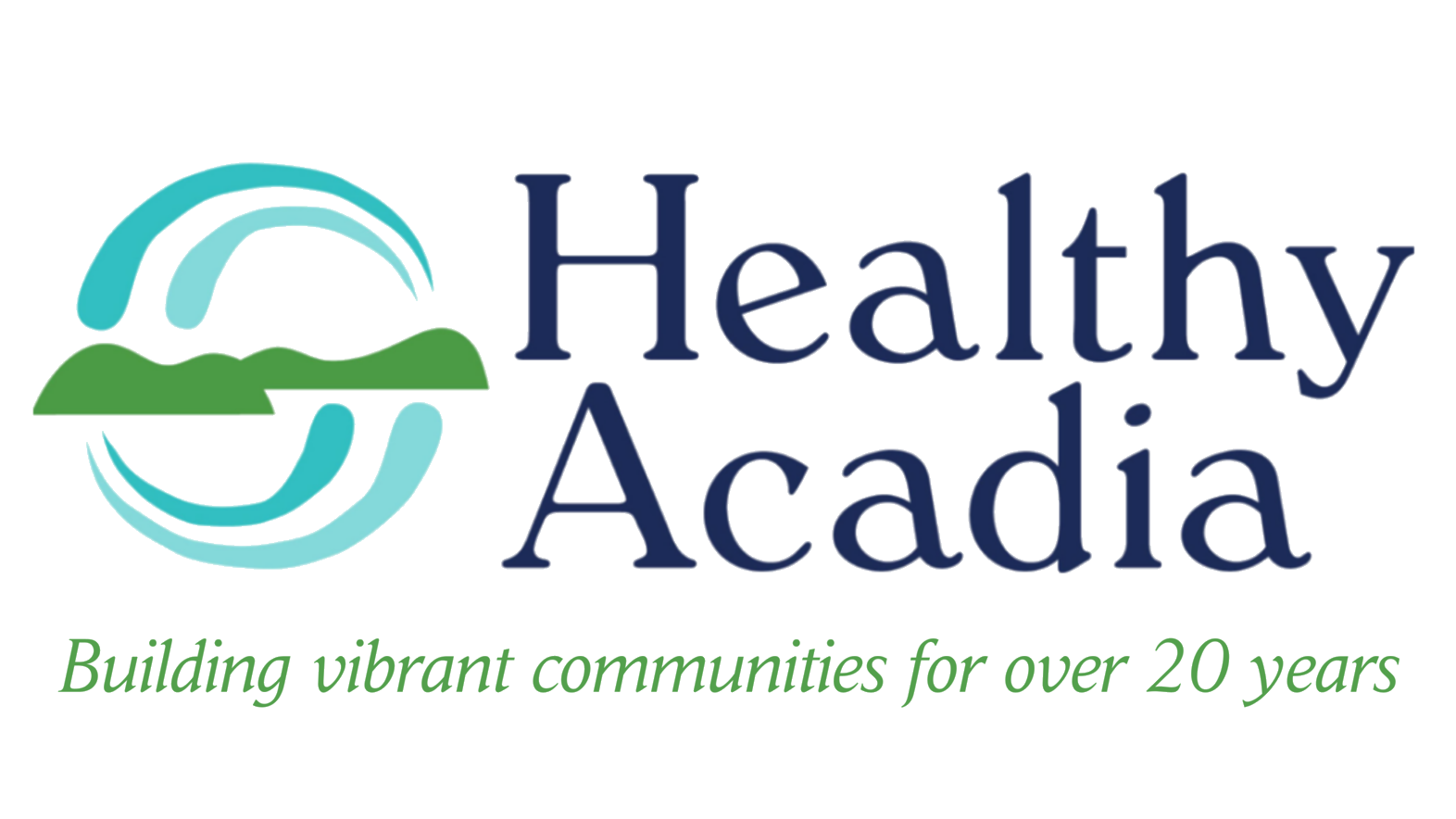Eastern AHEC Rural Health Immersion - Student Reflections: Wyatt Kilburn
Healthy Acadia has served as Maine’s Eastern Area Health Education Center (AHEC) since 2023. Our service area includes Washington, Hancock, Waldo, and Knox counties.
Maine AHECs provide community-based clinical training experiences to health professions students; encourage Maine youth to pursue careers in the health professions; offer training and continuing education programs to practicing health professionals; and develop public health approaches to address current and emerging community needs.
As part of this program, Healthy Acadia and community partners work together to create rural health immersion opportunities for health professions students to learn more about rural and underserved communities, including Rural Health Immersions (RHI) for Care for the Underserved Pathways (CUP) AHEC Scholars. and community-based experiential learning opportunities for non-CUP scholars.
We will periodically publish guest blog posts from AHEC Scholars who chose to share their experience with the program.
Guest post contributed by Wyatt Kilburn, Tufts Maine Track Allopathic Student. Wyatt participated in our June 2023 RHI and reflects on the experience.
After the “Strengthening Relationships with Cultural Competency: Increasing Understanding of the Passamaquoddy Tribe” session led by Elizabeth Neptune of Neptune Advantage, who at one time had been a member of the tribe’s governing council, we met with Liz’s niece Dee Sabattus. This was just one of many instances throughout the RHI where we found out that community partners were also family members too!
Dee had previously been director of the Passamaquoddy Health Center but currently serves as deputy director of United South and Eastern Tribes which works to protect and advance the welfare of more than 50 tribal communities across the country. We learned about the paucity of funding for the Indian Health Service compared to other federal programs and how delivering health care is a balance of self-directed sovereignty and inter-governmental policy decisions. The Indian Health Service is not a welfare system but a means to uphold treaties made in exchange for land given to the United States government by the indigenous population.
We also learned about the health and social issues that disproportionately impact tribal nations. The mean income is lower than federal poverty standards and significantly lower than county averages, high school graduation rates are as low as 30% and life expectancy is 20 years shorter than the national average. Accidental injury and suicide are the top causes of death and diseases such as cancer, diabetes, heart disease, and substance use disorder affect Native Americans at younger ages and higher rates.
We took a break to have dinner at the Baileyville Big Stop and Irving gas station approximately 20 minutes down the only main road from Bear Lodge. This was a great opportunity to get to know our facilitators from Healthy Acadia better and to try poutine for the first time!
After dinner, we went on a medicinal plant walk and wildlife tour with Matt Dana. Matt has had an exciting variety of careers as chief game warden, tribal representative, council member, police officer, certified guide, and business owner.
The rain let up enough for us to go down to the lakefront and see an eagle’s nest, learn how the Passamaquoddy make baskets from brown ash trees, and hear stories about the unique structure and history of the Passamaquoddy reservations. We delved deeper into the woods to forage for old man’s beard, an edible moss used to make tea, rock fern which is beneficial for renal and urinary tract health, muskrat root for cold and flu relief, Chaga mushrooms growing on birch bark and plenty of mosquitos. We even found some big snails and the fresh sign of a black bear!
The rain and the bugs kept us from having a campfire that night, and we all gladly went back to our cabins by 8:30 pm to get some rest before another busy schedule the next day.

